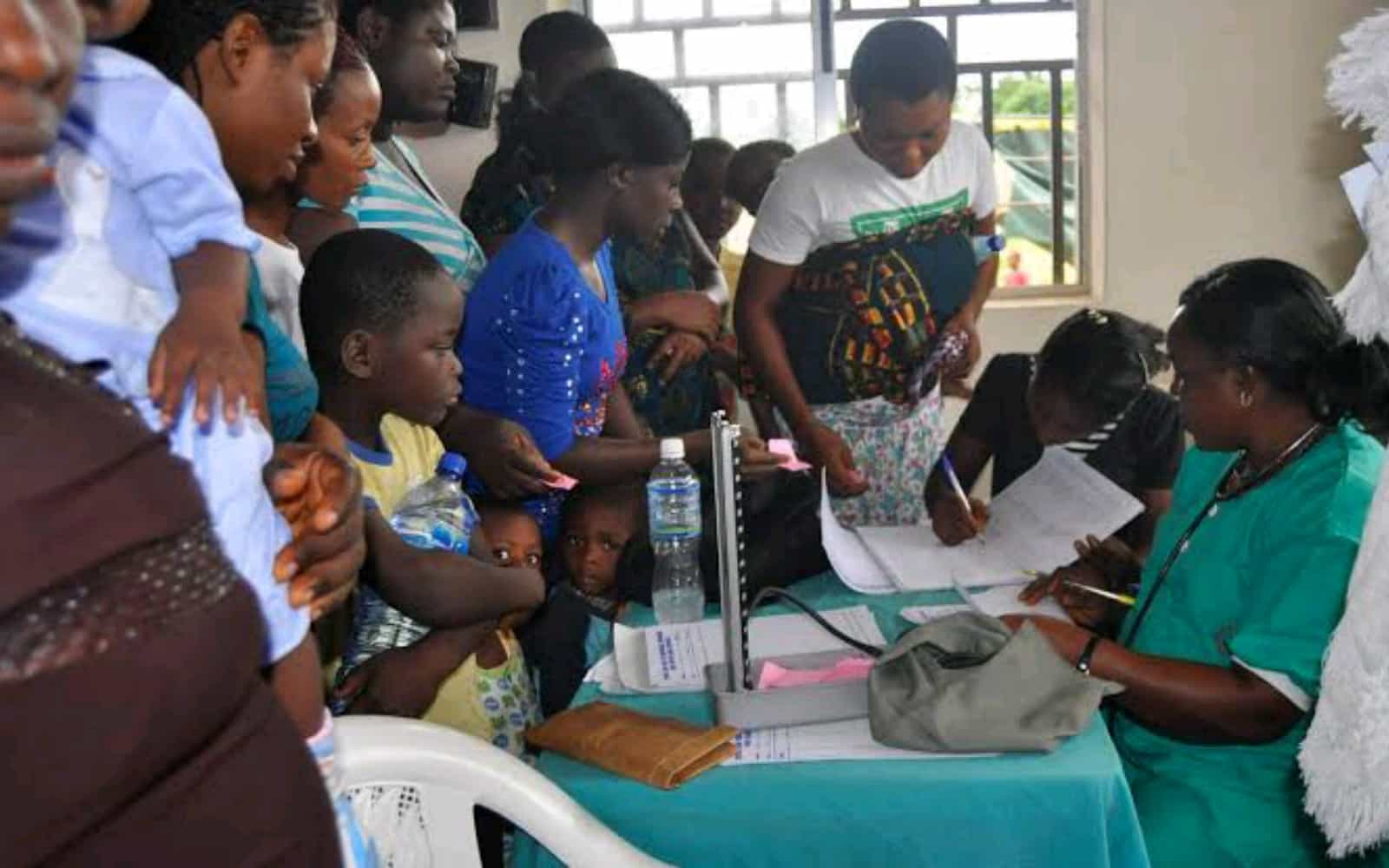A Consultant Endocrinologist at the National Hospital, Abuja, Dr Ramatu Shuaibu, says excessive thirst, frequent urination and blurred vision are some of the early symptoms of diabetes people should watch out for.
She made this disclosure in an interview with the News Agency of Nigeria (NAN) in Abuja on Sunday on the occasion of the 2021 World Diabetes Day (WDD) which has “Access to Diabetes Care” as the year’s theme.
The UN has designated Nov. 14 of every year as WDD to raise awareness about diabetes as a global public health issue and what needs to be done collectively and individually for the better prevention, diagnosis and management of the condition.
The day is also to celebrate the birthday of Sir Frederick Banting, who discovered the insulin hormone, along with Charles Herbert Best in 1922.
Insulin is a hormone that allows glucose in the blood to enter cells, providing them with the energy to function.
The endocrinologist said that the 2021 celebration marked the centenary of the discovery of insulin, but millions of patients still lacked access to diabetic care.
She added that constant hunger, fatigue and weight loss were some other early signs of diabetes.
Shuaibu explained the risk factors of contracting the disease to include obesity, being above 45 years and those with family history.
The consultant, who said that physical inactivity, hypertension and high cholesterol levels, were some other risk factors of the disease, added that “there is no known cure for diabetes at present.”
She, therefore, stressed the need for diabetes education which, she said, comprised medical nutrition therapy, foot care, self monitoring of blood glucose and knowledge of hypoglycaemia.
Shuaibu emphasised the need for patients to be enlightened about exercise and the use of drugs, which might either be tablets or injections (mainly insulin) to manage the condition.
She said that “the theme of this year’s celebration is a challenge to our communities to improve and make available diabetes care to as many affected people as possible.”
Diabetes occurs when blood glucose, also called blood sugar, is too high in the body.
Blood glucose is the main source of energy and comes from the food eaten, while insulin, a hormone made by the pancreas, helps glucose from food to get into cells to be used for energy.
However, sometimes the body doesn’t make enough insulin or does not use insulin well. The glucose will then stay in the blood and does not reach the cells and over time, having too much glucose in the blood can cause health problems.








